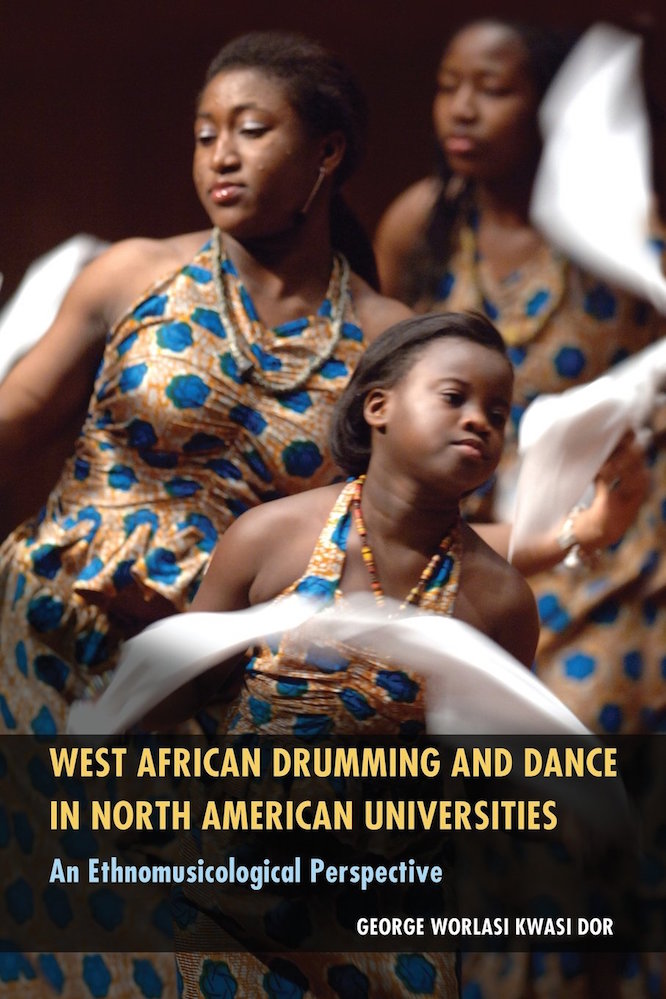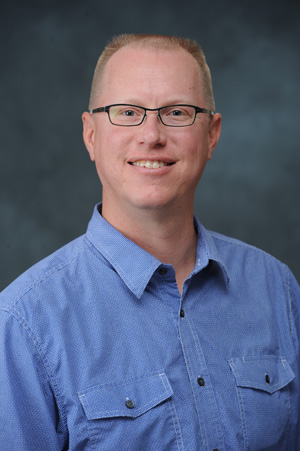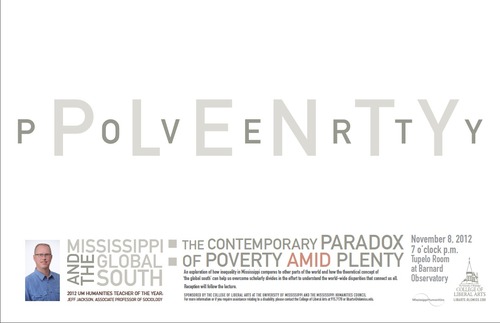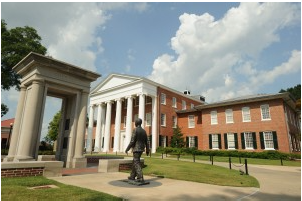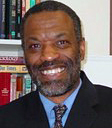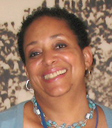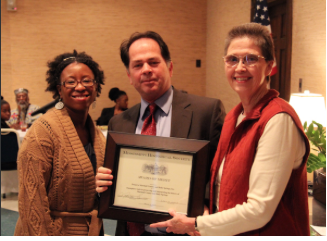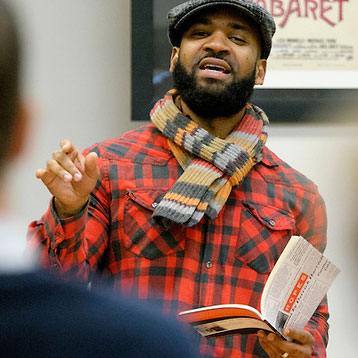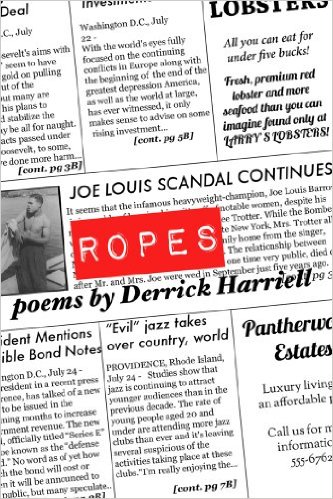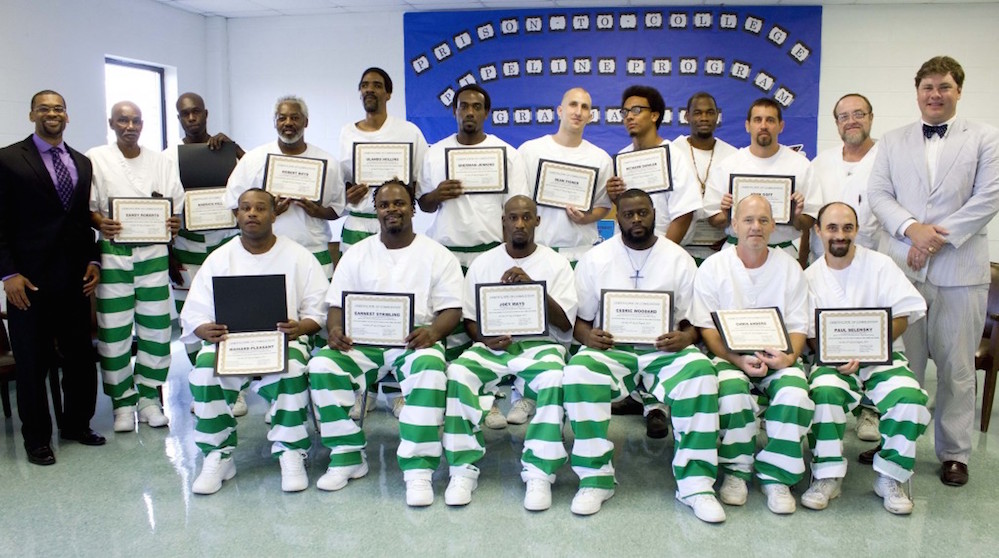 The University of Mississippi hosted its inaugural TEDx talks October 31, 2015 at the Gertrude C. Ford Center for the Performing Arts. The 9 a.m. event featured 10 brief lectures from university faculty members to showcase ideas worth spreading.
The University of Mississippi hosted its inaugural TEDx talks October 31, 2015 at the Gertrude C. Ford Center for the Performing Arts. The 9 a.m. event featured 10 brief lectures from university faculty members to showcase ideas worth spreading.
TEDxUM 2015 used the TED Talks conference format to bring together lecturers and other participants in a globally popular set of conferences run by the Sapling Foundation under the slogan “Ideas worth spreading.” Under the rules set by TED for the event, it will be open to only about 100 audience members this year, but organizers plan a much larger TEDxUM event for 2016.
“We believe it critical that Mississippi and the University of Mississippi, in particular, showcase the many ideas we have that are worth spreading,” said Marvin King, UM associate professor of political science and African American Studies. “We have incredible researchers and activists in our community, and the TED platform is among the best ways to make sure that Mississippi is a part of engaging discussions leading to real, positive change.”
“The event theme is In Plain Sight,” said TEDxUM organizer Elizabeth Wicks, a senior international studies and French major from Ocean Springs.
“It highlights the great minds that we have here on our campus and shows the world the amazing work being done in the Oxford area,” Wicks said. “In Plain Sight notes those aspects of life which are right before our eyes, yet must be illuminated in order to receive recognition.”
She said audience members were engaged by a diverse group of speakers and participated in interactive breakout sessions.
“The importance of an event such as TEDxUM on our campus cannot be understated,” Wicks said. “This will be the first event of its kind to occur at any university within the state of Mississippi and will be the second of its kind within the state as a whole. I believe that it will be an event that will better our community tremendously as well as show the world the talent and promise that we have here at Ole Miss.”
About 60 prospective faculty and staff lecturers were nominated to speak. A nine-member committee of five students and four faculty-staff members selected 10 speakers for TEDxUM 2015. Watch their presentations here:
Randy Wadkins, associate professor of chemistry and biochemistry, discusses nanotechnology
Matthew Wilson, assistant professor of theatre arts, lectures on humor
Gregory Heyworth, associate professor of English, lectures on digital humanities
Laura Johnson, associate professor of psychology, lectures on cross-cultural engagement
David Rock, dean of the UM School of Education, discusses classroom technology
Marc Slattery, professor of pharmacognosy, talks about drug research from the ocean
Mitchell Robinson, of Strawberry Plains Audubon Center, discusses diversity and environmental activism
Cathy Janasie, research counsel for the National Sea Grant Law Center, lectures on water scarcity
Michèle Alexandre, professor of law and Leonard B. Melvin Lecturer in Law, talks about “The B Word”
Chris McCurdy, professor of medicinal chemistry and pharmacology, lectures on natural products used to diagnose neural damage
